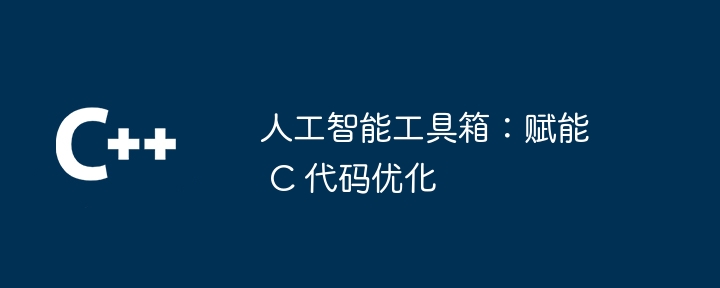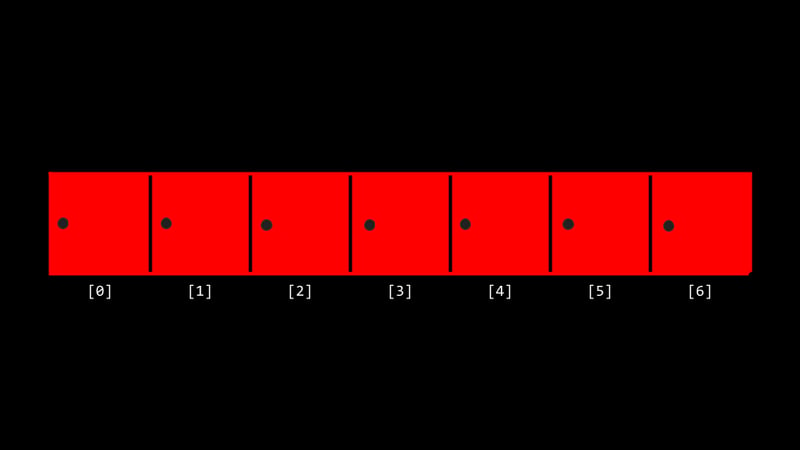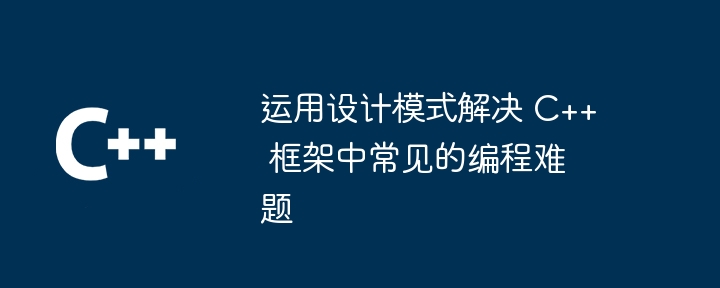pthread_equal()函数用于检查两个线程是否相等。它返回0或非零值。对于相等的线程,它将返回非零值,否则返回0。该函数的语法如下:
int pthread_equal (pthread_t th1, pthread_t th2);
现在让我们看看 pthread_equal() 的实际作用。第一种情况,我们会检查自线程来检查结果。
#include <stdio.h>
#include <stdlib.h>
#include <unistd.h>
#include <sys/types.h>
#include <pthread.h>
pthread_t sample_thread;
void* my_thread_function(void* p) {
if (pthread_equal(sample_thread, pthread_self())) { //pthread_self will return current thread id
printf("Threads are equal");
} else {
printf("Threads are not equal
");
}
}
main() {
pthread_t th1;
sample_thread = th1; //assign the thread th1 to another thread object
pthread_create(&th1, NULL, my_thread_function, NULL); //create a thread using my thread function
pthread_join(th1, NULL); //wait for joining the thread with the main thread
}
Threads are equal
现在,如果我们在两个不同的线程之间进行比较,我们将看到结果。
#include <stdio.h>
#include <stdlib.h>
#include <unistd.h>
#include <sys/types.h>
#include <pthread.h>
pthread_t sample_thread;
void* my_thread_function1(void* ptr) {
sample_thread = pthread_self(); //assign the id of the thread 1
}
void* my_thread_function2(void* p) {
if (pthread_equal(sample_thread, pthread_self())) { //pthread_self will return current thread id
printf("Threads are equal");
} else {
printf("Threads are not equal
");
}
}
main() {
pthread_t th1, th2;
pthread_create(&th1, NULL, my_thread_function1, NULL); //create a thread using my_thread_function1
pthread_create(&th1, NULL, my_thread_function2, NULL); //create a thread using my_thread_function2
pthread_join(th1, NULL); //wait for joining the thread with the main thread
pthread_join(th2, NULL);
}
Threads are not equal





